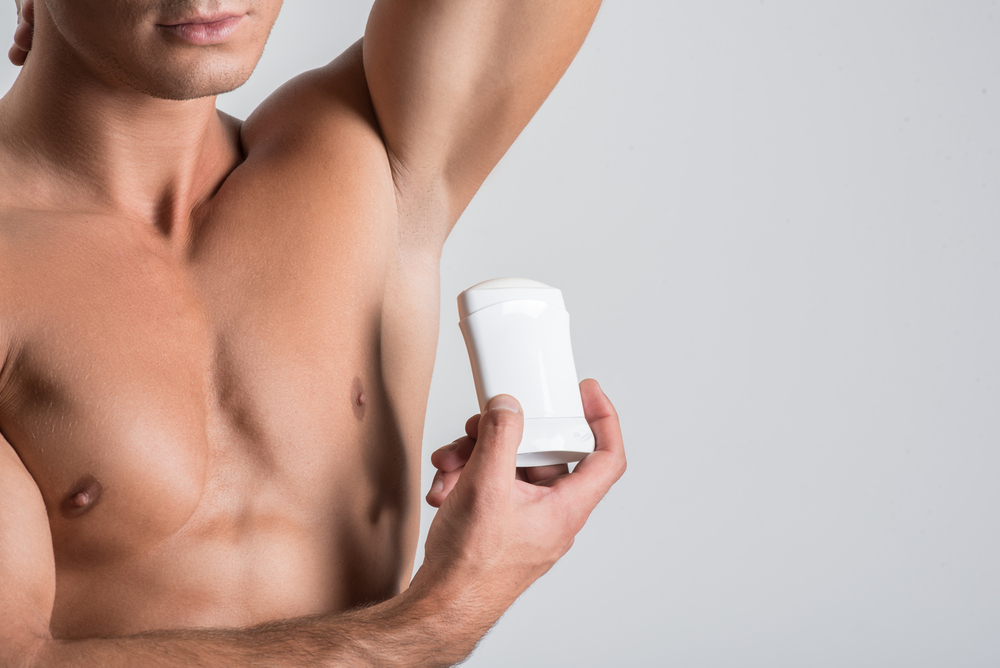Comprehensive Guide to Managing and Eliminating Body Odor Effectively
This comprehensive guide explores the causes of body odor and provides effective, natural, and medical strategies to reduce and eliminate unpleasant smells. Learn how hygiene, diet, stress management, and proper clothing choice can significantly improve personal freshness. Ideal for those seeking practical solutions to enhance confidence and hygiene standards, this article offers detailed tips and health insights for maintaining a fresh body odor naturally and effectively.

Understanding the Causes of Body Odor and Practical Solutions
Body odor, though a common issue faced by many individuals, can sometimes be a source of embarrassment and self-consciousness. While mild and occasional odor is normal and often harmless, persistent or strong body smells may indicate underlying health issues or lifestyle factors that need attention. Addressing body odor involves understanding its root causes and adopting effective hygiene practices and lifestyle modifications. This extensive guide provides comprehensive insights into why body odor occurs and offers proven strategies to manage and eliminate it, thereby boosting confidence and improving personal hygiene.
Understanding the Causes of Body Odor
Body odor results from a complex interplay of biological, dietary, environmental, and health-related factors. Recognizing these causes is crucial for implementing suitable solutions. Here are the primary contributors to body odor:
Inadequate Personal Hygiene: Failing to shower regularly allows sweat and bacteria to accumulate on the skin. Bacteria feed on sweat and decompose certain compounds, producing foul smells. Ignoring daily hygiene routines, especially in hot or humid weather, increases the likelihood of body odor.
Dietary Factors: Consuming certain foods directly influences body scent. Spicy foods, rich in sulfur compounds such as garlic and onions, release these substances through sweat glands, creating a distinctive smell. High-fat foods and processed snacks can also contribute to unpleasant odors.
Lifestyle and Habits: Alcohol consumption introduces toxins that are expelled through sweat, often leading to body odor. Additionally, smoking and certain medications may influence body scent due to their metabolic effects.
Stress and Emotional Factors: Stress triggers the nervous system to produce sweat via apocrine glands, particularly in the armpits and groin. This type of sweat contains proteins and fats that bacteria break down, producing strong odors.
Clothing and Fabrics: Wearing unwashed or synthetic fabrics traps sweat and bacteria close to the skin. Especially tight or non-breathable clothing hampers evaporation, fostering bacterial growth that results in smell.
Health Conditions: Certain medical issues such as diabetes, liver diseases, or hormonal imbalances can cause abnormal body odors. For example, uncontrolled diabetes can lead to a fruity or ketone smell, while liver problems might produce a musty odor.
Effective Strategies to Reduce and Prevent Body Odor
Combating body odor isn't solely about using deodorants; it requires a holistic approach involving hygiene, diet, lifestyle changes, and, when necessary, medical intervention. Here are comprehensive tips and practices to help minimize odor:
Enhance Personal Hygiene: Daily bathing with antibacterial or deodorizing soaps helps remove bacteria and sweat residues. Pay extra attention to armpits, groin, feet, and other sweat-prone areas. Shower after exercise or exertion to prevent bacterial buildup.
Use Suitable Deodorants and Antiperspirants: Natural and clinical-strength deodorants can mask and reduce body odor. Antiperspirants contain aluminum compounds that temporarily block sweat glands, reducing sweat production. Choose products suited to your skin type.
Wear Breathable Clothing: Opt for natural fabrics like cotton and linen that allow skin to breathe, reducing sweat accumulation. Change underwear and socks daily, and wash clothes thoroughly after each use to eliminate bacteria and odor-causing residues.
Adopt a Balanced Diet: Incorporate plenty of fruits and vegetables, which are rich in antioxidants and help detoxify the body. Limit intake of spicy foods, garlic, onions, and fatty processed foods that exacerbate body odor. Staying hydrated flushes out toxins and dilutes sweat, reducing smell.
Manage Stress Effectively: Practice relaxation techniques such as yoga, meditation, or deep-breathing exercises to control stress-induced sweating. Regular physical activity can also help regulate hormone levels and improve overall health.
Natural Remedies and Home Hacks: Applying apple cider vinegar, lemon juice, or baking soda to the underarms can help neutralize bacteria and fungi. Potassium alum stone is a natural alternative to commercial deodorants and helps inhibit bacterial growth.
Maintain Hair and Skin Health: Shaving or trimming underarm hair limits bacteria harboring and reduces odor. Exfoliating skin helps remove dead cells and bacteria buildup.
Medical Interventions and When to Seek Help
If persistent or strong body odor continues despite implementing hygiene and lifestyle changes, consulting a healthcare professional is advised. Underlying health conditions like hormonal imbalances, infections, or metabolic issues may require specific medical treatment. Routine check-ups and addressing health concerns early can prevent more serious problems associated with body odor.
The Benefits of Proper Body Odor Management
Effectively managing body odor enhances personal hygiene, boosts confidence, and improves social interactions. It reduces the likelihood of skin infections caused by bacterial overgrowth. Additionally, adopting healthy habits can lead to better overall health and well-being, creating a positive feedback loop for hygiene and mental health.
In conclusion, controlling body odor is achievable through consistent hygiene practices, mindful dietary choices, stress management, and using the right products. Integrating these strategies into your daily routine can help you stay fresh, confident, and comfortable all day long. Remember, personal hygiene is a reflection of self-care and respect for yourself and others, making it an essential aspect of everyday life.





